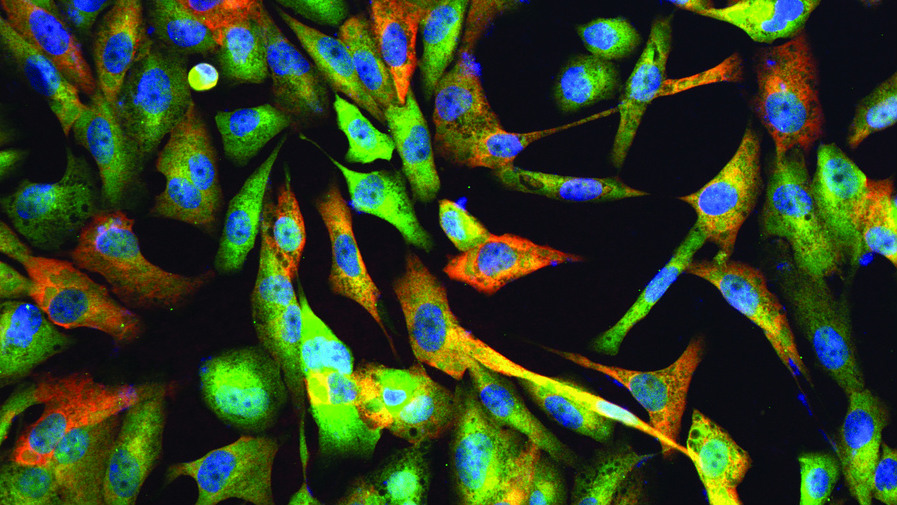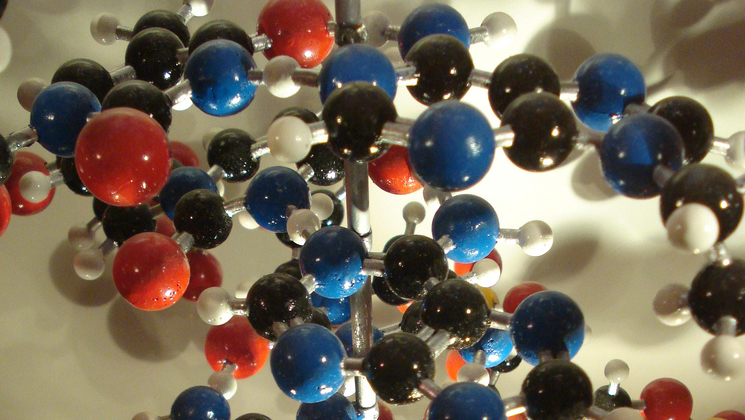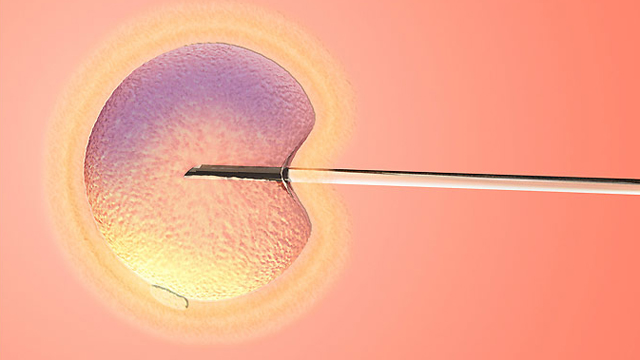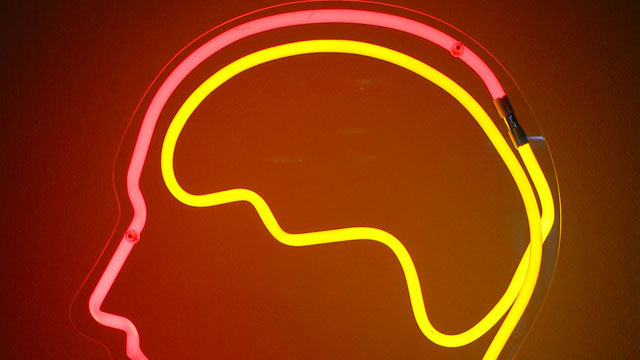Surprising Science
All Stories
Researchers discovered that levels of a molecule called neuropeptide Y (NPY) directly relate to whether we have a “glass half empty” or “glass half full” attitude towards life.
New drugs for ASD patients may be on the horizon, but “early, intense” behavioral treatment remains “the very best intervention for autism.”
Over the last 30,000 years, the human brain has decreased about 10% in size. But our brains are not just getting smaller—they are also getting more efficient.
What are the characteristics of a good courtship gift? Mating is predominantly facilitated by an extravagant gift which is costly to the male but intrinsically worthless to the female.
Lately, the drive to fix the climate has taken the form of large-scale geoengineering projects designed to reverse the effects of global warming.
Evidence is mounting that football is even more damaging to the brain than it is to the body—with links to Alzheimer’s disease and dementia.
With the site’s (admitted) connections to pharmaceutical and other companies, WebMD has become permeated with pseudomedicine and subtle misinformation.
Ever wished you could think more laterally to solve a problem? Zapping the brain with electricity helps people think outside the box to solve a task.
Burying trash—the usual way of disposing of the stuff—is old-fashioned and polluting. Atomizing trash eliminates the need to dump it, and generates useful power too.
Does every type of cancer require its own individualized treatment, or might there be a universal cure? Scientists James Watson and Paul Davies suggest some new and unorthodox approaches to cancer treatment.
Cancer cells are your own body, your own cells, just misbehaving and going a bit wrong. Therefore, we don’t need to cure cancer, just control it.
Stone Age people, unlike their Neandertal contemporaries, had heel bones spring-loaded for long runs, a new study suggests.
More than 10 percent of adults worldwide are now obese. Obesity, high blood pressure and high cholesterol are no longer Western problems or problems of wealthy nations.
A NASA telescope counting planets in one neighborhood of the Milky Way registered more than 1,200 candidates, including 54 in life-friendly orbits around their parent stars.
The thought that hormones somehow “control” our moods and behaviors is a falsehood, a popular oversimplification that hinders the understanding of what is actually going on.
Michael Hartl is the author of The Tau Manifesto, which argues that, quite simply, pi is wrong. He’s also a physicist who has previously both studied and taught at Harvard and Caltech.
A new study finds that poor adolescents who live in communities with more social cohesiveness are less likely to smoke and be obese as adolescents.
Life code (the famous A, G, T, and C of DNA) will be as important to the next generation of entrepreneurs as digital code (0’s and 1’s) is now.
The life code (the famous A, G, T, and C of DNA) will be as important to the next generation as digital code (0’s and 1’s) is now.
The question of using genetic enhancement to raise test scores may seem like a bad joke—or science fiction. But U.S. policymakers and families, may need to start asking themselves if they can “win the future” without it.
In vitro babies should be pre-screened for severe birth defects, argues Jacob Appel. If this creates a slippery slope, parents can find “level places on it” (and maybe save money […]
Over the last several decades, both through good economic times and bad, the United States has transformed into the planet’s undisputed worry champion.
Ask any artist to explain how color works, and they will launch into a treatise about the Three Primary Colors: red, blue, and yellow. This would be wrong, says Jason Cohen.
A very smart statistician has realized that it is possible to sort, with upwards of 90 percent accuracy, the winning scratch tickets from the losing ones before anything is scratched off.
An “invisibility cloak” that’s able to hide items thousands of times larger than before now exists, scientists say. The cloak works by wrapping light around an object.
Nature is smart, efficient and innovative. That’s why scientists and engineers all over the world try to copy it in their labs. The field concerned with imitating nature is called biomimetics.
Four out of five autism sufferers are male. Are fundamental male-female brain differences causing the gap?
In a panel near the end of Farsight 2011, several panelists spoke about how the sheer quantity of information around us is affecting the way we think — and even how our brains are developing.
Part 5 of Big Think’s Farsight 2011 event looked at how artificial intelligence and machine learning would affect the future of digital search — and how we understand and predict the future.







